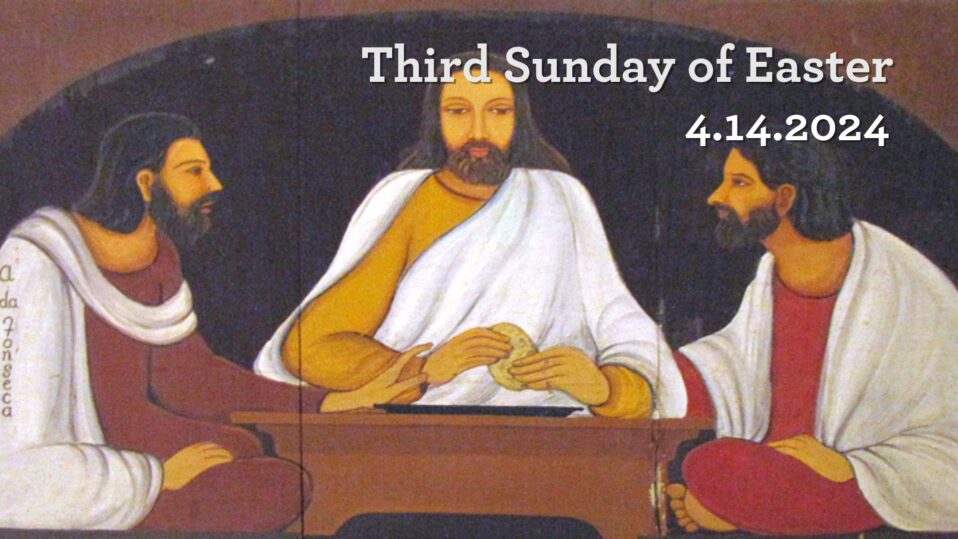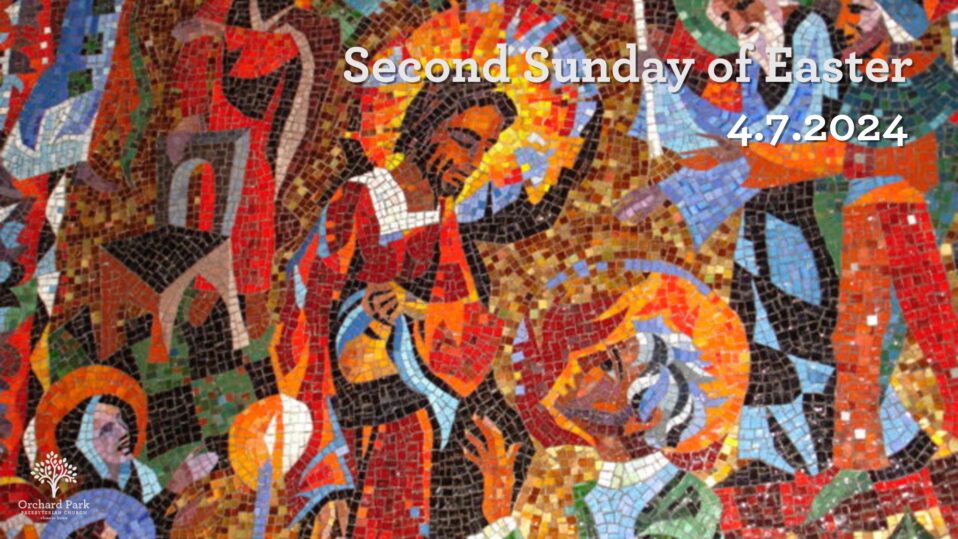I have a phone that tells me many things about how I spend my time. At the end of the week it tells me how much time I spend on my phone and tells me how that time compares to the week before. I have a little heart on my phone that tells me how many steps I walked and how many hours of sleep I got and even the quality of the sleep. I read library books through an app on my phone and it tells me how many days of reading I am at. In essence my phone reveals a lot about how I spend my days. One thing my phone doesn’t keep track of, are the topics I talk about.
Imagine if there was a library of your conversations somewhere. What would be your biggest volumes of what you talk about? – Sports? Your mother? Recipes? What do you think you would learn about what you value or think about the most? Would you discover that you spend more time talking about other people? Would you discover that you spend most of your time complaining? Would you discover that you spend most of your time telling people what to do? We don’t believe that we are saved by works, what if when we go to heaven Jesus asks the question, what were you discussing along the way of life?
In the 24th chapter of Luke, the resurrected Jesus meets two disciples on a road. The disciples could be anyone and the road could be any road. Jesus comes up behind them and hears them talking about the events of the last few days, the arrest, the corrupt trial, the violent crucifixion and the empty tomb. Jesus meets them on the way and asks the question, what were you discussing along the way?
In the Gospels when the disciples talk among themselves as they walk along the road, they often reveal what they most desire—to sit on Jesus’ left and right, to have Jesus be a mighty prophet, to earn their way to salvation, to be able to perform miracles, to be recognized as the inner circle, to have Jesus vindicate them. This time when they are talking, they are trying to understand the past and make sense of the future.
It’s a rather nosy question to ask a stranger isn’t it? How would you feel if you were out on a walk on the Monon trail with friend and a stranger came up behind you and said, what are two talking about this morning? Would you engage with the stranger? Would you let him join you on your walk? Furthermore, imagine you were talking about more than the weather. Imagine you were talking about your grief and confusion over the sudden loss of your mentor and friend. Imagine you were grappling with what to do next and you were beside yourself with grief. What would you do if a stranger interrupted your conversation with the question, “what are you discussing along the way?”
The disciples choose to answer the stranger’s question and are even surprised he had to ask, isn’t everyone talking about what happened? At the peek of the pandemic, in the heat of the crisis, people pretty much just talked about COVID and protocols and symptoms, what else was there to talk about? This is the level of crisis and life changing moment the disciples are at, what else is there to talk about?
They open their hearts and they keep talking. They talk about Jesus, what he did , who he was, how he lived, what he promised, what he said was going to happen, what really happened, and the uncertainty of what will happen next. The anxiety, grief, and unknown is all consuming, so they make the dangerous decision as Jesus’ disciples to walk on a road back home, to return to their old jobs and way of life- what else is there to do?
They are letting go of what they hoped for, “We had hoped that he was the one to redeem Israel,” but he died instead. Have you ever been on that road, where you hoped for one thing and you invested all of your time and energy into that thing only for things to go completely in the opposite direction?
There is a legend about one of the Buddha’s followers. He was one of the most ardent followers in those early days, and he sought enlightenment vigorously. He wanted to achieve enlightenment more than anything else. He would rarely rest or take any time from his pursuit. Nothing mattered to him more than becoming enlightened. At first everyone was sure that the man would become enlightened very quickly, for no one tried harder. But the months stretched on, and years went by, and the years stretched as decades went by, and still, the follower did not become enlightened. Finally, after many years, he came to the end of his rope. He said to himself, “I’ve had it. For whatever reason, I am not destined to be enlightened.” With that he flopped down onto his bed and stopped trying. At that very moment, the man became enlightened. He had been trying too hard. And his pursuit of spiritual perfection had really been about his ego. He had wanted to accomplish enlightenment. He wanted to be a spiritual hotshot. But when he let it go and let himself be a failure, it happened. He became enlightened. But the greatest part of that enlightenment was nothing like what he had been chasing. It had nothing to do with being a hotshot. Our disciples on the road to Emmaus had a similar experience. They were in the process of letting go of all the things they hoped that Jesus would accomplish for them, and letting go of all the things that in following him they hoped they would accomplish. In a way, this conversation with the stranger they met on the road was like a therapy session. They were telling their story of failure and cleansing themselves of their ego driven desires. Like the Buddha’s follower, they were giving their desires up not so much because they wanted to, but because they were utterly frustrated in pursuing them. In every meaning of the word, they surrendered.
How much time do we spend talking about Jesus and Christianity and what is going to happen and what has happened instead of recognizing that he is walking beside us? Today is Reformation Sunday. It’s a church holiday that remembers the day Martin Luther posted his 95 theses on the door of Wittenburg Chapel. The printing press was the big technology of the day and people got their hands on the document. Moreover, people in lower classes were more literate than in previous centuries and have ideas of their own so people started talking about what it means to be the church, what it means to follow Jesus, and what it means to be a Christian. Making those decisions were not without cost to life and liberty. The Reformation got people talking and the church changed along the way.
We take for granted that we can freely talk about our faith and about Jesus without facing persecution, but that is not the case for many around the world. So let’s talk about what people are saying about Jesus today, and the how the church is again changing along the way.
Overall, 360 million Christians live in nations with high levels of persecution or discrimination. That’s 1 in 7 Christians worldwide, including 1 in 5 believers in Africa, 2 in 5 in Asia, and 1 in 15 in Latin America. Nigeria, North Korea, Miramar and Afghanistan are four of the most dangerous countries to talk about jesus.
In contrast, in the United States and Western Countries, less and less people are talking about Jesus. A new Pew Research Center survey published Sept. 13 tracks the ranks of Americans who engage in “religious switching” — abandoning their Christian faith for a different one, or for none at all. The study found that in 2020, about 64% of the U.S. population claimed to be Christian.
Each studied trendline points to the continued deterioration of Christian influence: “Depending on whether religious switching continues at recent rates, speeds up or stops entirely, the projections show Christians of all ages shrinking from 64% to between a little more than half (54%) and just above one-third (35%) of all Americans by 2070.”
While we see a decline in Christianity as nation, we see an increase in people talking about Christian nationalism. Pew research conducted a survey on how Americans understand the meaning of Christian nationalism. Many describe “Christian nationalism” in terms of Christian dominance in society, while others associate the concept with racism, authoritarianism, bigotry and exclusion. A smaller portion of Americans describe it as the positive influence of faith and morals in society.
Here are some contrasting comments of what people said about Christian nationalism from the Pew Research Foundation. Christian nationalism is
Putting Christian morals and values first – leading to a stronger nation.”
“Christians who want their beliefs to become everyone’s beliefs.”
“Means to be Christlike.”
“A tribalistic ideology that America is defined by Christianity.”
“Racism disguised as religion.”
“For the biblical good to have a national scope. Not to dominate and be oppressive, but have Christlike views demonstrated by the love of God. Not a religious strong arm to force a faith on nonbelievers. Mutually exist but the core values are better for society.”
“Ordering society according to a biblical worldview.”
These are things that people are discussing as they walk along their way today. These are the conversations Jesus are overhearing today.
If he was eavesdropping in, what would he say about them? What proclamation would he give that would make our hearts burn? Where would he tell us we have it all wrong? And when would people come to recognize him?
I would hope that he would remind us that he died not for the salvation of a few, but for the world. I would hope that he would remind us that the quickest way to see Jesus is to invite a stranger to the table. I hope he would take bread and break it and in that moment all of us, no matter where we sit on the political isle would recognize him, and we would be amazed.
Amen,
Rev. Dr. Shelly Wood



